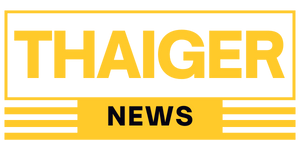Education
Expert strategies to stop AI driven cheating in education
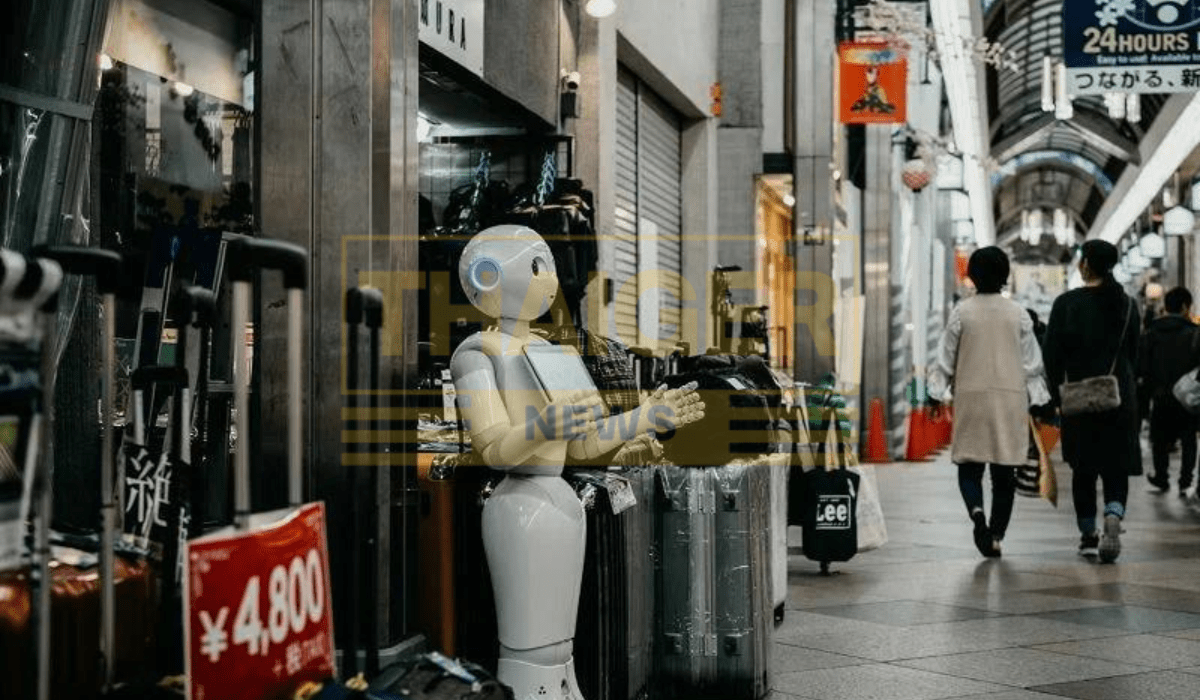
The role of academic integrity in the digital era becomes paramount amid the availability of multiple AI tools like ChatGPT and Google Bard, which broadcast difficult challenges on the ways various learners uphold their integrity. Teachers, educators, as well as parents aim to apply workable strategies that will teach children to employ tech with the discretion, and to eschew the temptation to cheat.
Dilenma that students face in relation to the present-day AI tools such as those that provide the instant solutions is hardly an exception, particularly when they are confronted with the obvious time limits. The use of these tools quicker than before creates a problem to the education process because students get the easy way out. The quick generation of content is a serious issue. Moreover, these opportunities have an inherent potential of stimulating the mechanism of critical thinking which in turn could activate the process of learning at the deeper level.
It must be taken into account how to formulate evaluations and educational environments which motivate real involvement but discourage with falsehood. Now, we can move into a concrete plan on how not to use AI to cheat by students and instead make the environment in which they use technology promote their academic growth.

Maintain not to damage academic integrity especially. It brings peer learning and cooperation among students to the compromised position, lowers the educational values. It produces an uneven playing field which makes hard-working students feel lazy, and that affects the whole academic environment causing pollution. Setting the bar for truthfulness contributes to the respect of qualifications, this being a fundamental aspect in order to preserve their credibility and recognition.
The education system provides both the knowledge and the skills, such as critical thinking and ethical judgment, which one can acquire by being involved in the actual learning process. However, the process of gaining knowledge cannot be replaced by a sum of the skills required in the modern workforce. We think that is not always cheating to use AI and we will not be rewarded with jobs that AI does not need. In addition, academic cheating has disastrous consequences, starting from failing to expulsion, not in proportion to any minor transitional benefits.
Through AI is responsible can make learning process interesting. On the contrary, learning new things, or doing research works can be use AI to students for the sake of the studies and training. This method correlates to the academic policies of the letters and prepares them for the digital era even after graduating as well. Academic honesty should be the cornerstone of all endeavors, which can stably be built upon integrity and determination.
AI-based academic dishonest demands have been growing in Thailand day by day that should not be underestimated. Though these gadgets helps to get ready solutions quickly, it does not actually serve to enhance real learning process but as a result degradation of skills of critical thinking. Teachers in Thailand are in a search for measures that could prevent such damages – Discrimination between high achievers and low performers caused by the opportunity for fraudulent results harms the value of work and threatens the reputation of universities.
To tackle such inauthentic actions to the fake-generated cheating, educators can come up with planned solutions. Integrating AI detection tools, like Turnitin into the grading framework can aid in the recognition of AI-written content. It can therefore be used as a deterrent to the act of deception. Another strategy that is quite important is to incorporate practical assessments that require knowledge application instead of traditional exams. Students should also be educated about ethical AI use and that should be combined with writing assignments with reflection. Also, group collaborations that undertake assessments by analyzing results, promoting honesty, and doing in-person assessments token of academic integrity preservation.
Viewing the adoption of these strategies simultaneously ensures nurturing a culture that promotes reliability, hard work, and safe and ethical technology use. Instructions: Humanize the given sentence. Impunity is the only thing which cheating offers as a return but it keeps them absent from the development of the most important skills and knowledge which is itself very needed for future endeavours. Through the ethical involvement with AI gives way to the path to truly accomplishing the goal of profitable and reputable success.
Education
The science behind choosing between Private and Public education in Thailand
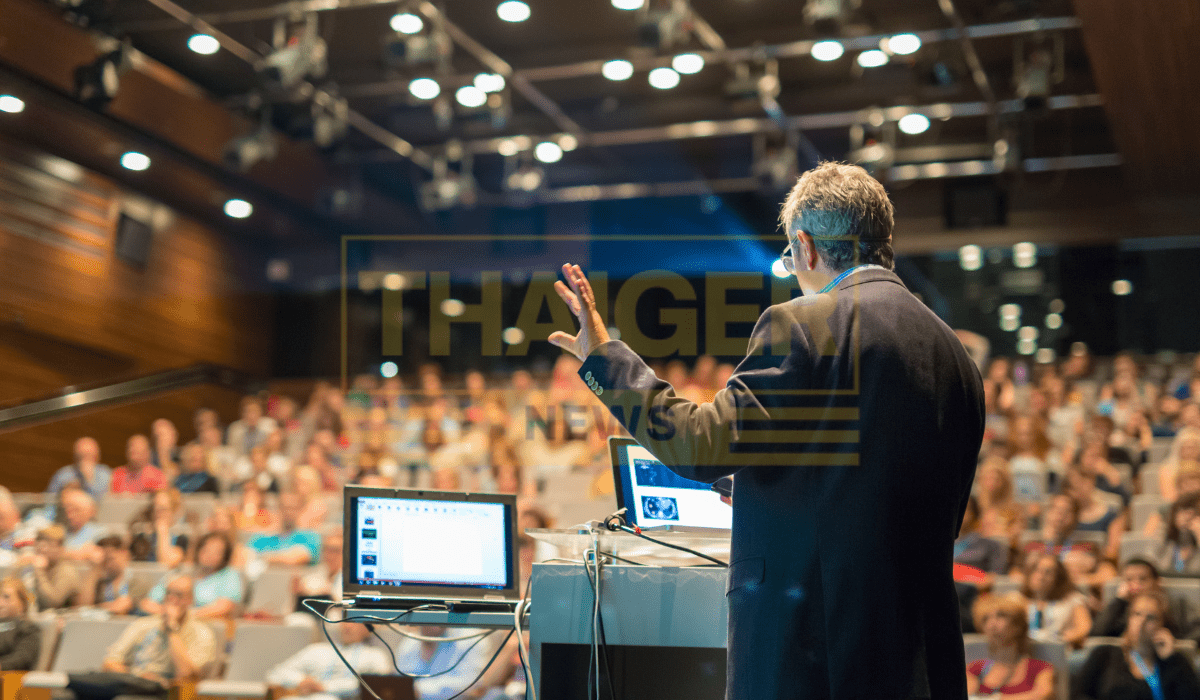
Selecting the school where your child spends their prime years of learning is among the important choices that may have a lasting impact on his or her education and career success. In Thailand, families are confronted with possibilities to send their children to either public or private schools that are prominent in the education arena with each of them having their corresponding advantage and prohibitions. In this teachings of the matters of two education systems of Thailand we will go through the base of it, public and private, concerns and cares of these systems, curriculum, teaching approaches and etc. Through comprehending the complexities of all options, parents will be much in a position to give informed decisions that match their child’s greatness and capabilities.
Public Schools in Thailand
The MOE has the authority to supervise public education in Thailand at pre-Grade 9 levels. This is aimed at ensuring that the learning is accessible to all Thai children or Thai nationals growing up in Thailand. This system is wide-ranging with the Office of Basic Education Commission administrating the elementary and secondary education; as well as, the other ones supervising vocational and higher education.
By extending the free or low-cost education to Thai nationals, Thai public schools become a good example of community bonding and helps children to be proud of their national identity. Differently from fair countries, they often struggle with issues involving larger class sizes, and fewer resources in some areas as well as rote learning that may impede the learners in thinking problems and solving them properly.
These obstacles should not discourage us from public education in Thailand that serves as a gateway to preserve Thai culture and language for subsequent generations as in doing so, students get to be aware of their roots and why it is an inseparable part of their self-identity.
Private Schools in Thailand
The private education coverage of Thailand is relatively versatile and flourished. This sector is able to blur boundaries to give upon the educational aspirations of many Thai people. Based on the Office of the Private Education Commission in Thailand which is responsible for supervising diverse education programs, private schools in this country offer courses that cut across international curriculums, specialized language training and boarding facilities.
Unlike public schools, majority of Thai private schools offer one-on-one instruction with a markedly reduced number of students per class in order to permit teachers to customize their teaching to suit the differences and the needs of each particular student. Additionally, colleges are known to have a vibrant community life that is made up of numerous extracurricular activities, modern facilities, and what is today known as the global readiness environment which encompasses students from different parts of the world.
Also, private schools provide different curriculum options; such as American Curriculum, International Baccalaurate (IB), and British Curriculum, which open doors to international mobility and study abroad for the students.
Comparing Public and Private Education in Thailand
The main factors to be considered when analyzing the public and private education in Thailand entails the choice of school fees, class enrolment, teaching approach, the level of curriculum and social activities in schools.
Cost: Public education in Thailand is essentially free for either Thai nationals or low-cost for Thai nationals, most of the other cases private education is costly and may become a financial hardship for a lot of families.
Accessibility: Government schools are available for the use of all Thai citizens, while private schooling is based on how well the school is performing and its level of admissions.
Class Size: Public school have more students in each class thus making the school bigger as compared to private schools which have smaller classes with a teacher facilitating learning in an intimate environment.
Teaching Approach: Public schools commonly follow the standardized curriculum, while private schools are more dedicated to allowing students to be themselves and provide personalized instruction addressing individual needs of each child.
Curriculum: Public schools generally follow what is laid down by the national curricula, while private schools offer intercontinental curricula like IB program or an American Curriculum.
English Proficiency: Thai private schools usually have higher standards towards English academic achievement and providing the students’ opportunities to speak English formally and fluent.
Extracurricular Activities: Personalized schools offer a richer experience with more extra curricular activities supplying a lot of opportunities for students to move beyond the classroom.
Community: Public schools promote a solid feeling of community, and the level of community awareness in private schools differs from school to school given variation in the rules and demographics.
it is having to weigh the many important factors that include already the financial considerations, educational aims and personal choices that decision making between public and private schooling in Thailand becomes only likely to be achieved after one has put sufficient effort. Though of the indistinguishable quality the standard of public schools impart the perennial learning experience at minimum costs the private schools mostly offers a far more personalized environment of modern resources and international perspective.
Finally, it is about which one to be chosen between the public and the private school, which aligns with your child’s needs and aspirations, knowing fully their strong and weak points. While balanced consideration of alternative approaches is essential, them allowing parents to have well-informed decisions and making certain that their child has all the possibilities to develop academically and professionally in the future.
Ultimately, the educational system in Thailand is characterized by the distinction between the opening and private education systems which follow the different rules. In public schools, community is more engaged, it’s relatively inexpensive and the presence of the student body is central in creating the learning environment. On the other side, private schools offer highly individualized learning, modern facilities and global perspectives which can be achieved due to smaller size of the student body. Thus, parents need to figure out how much, the size of classes at given school among others and after that would make informed decision to help their children learning and future success.
Education
A guide to master the Thai education maze
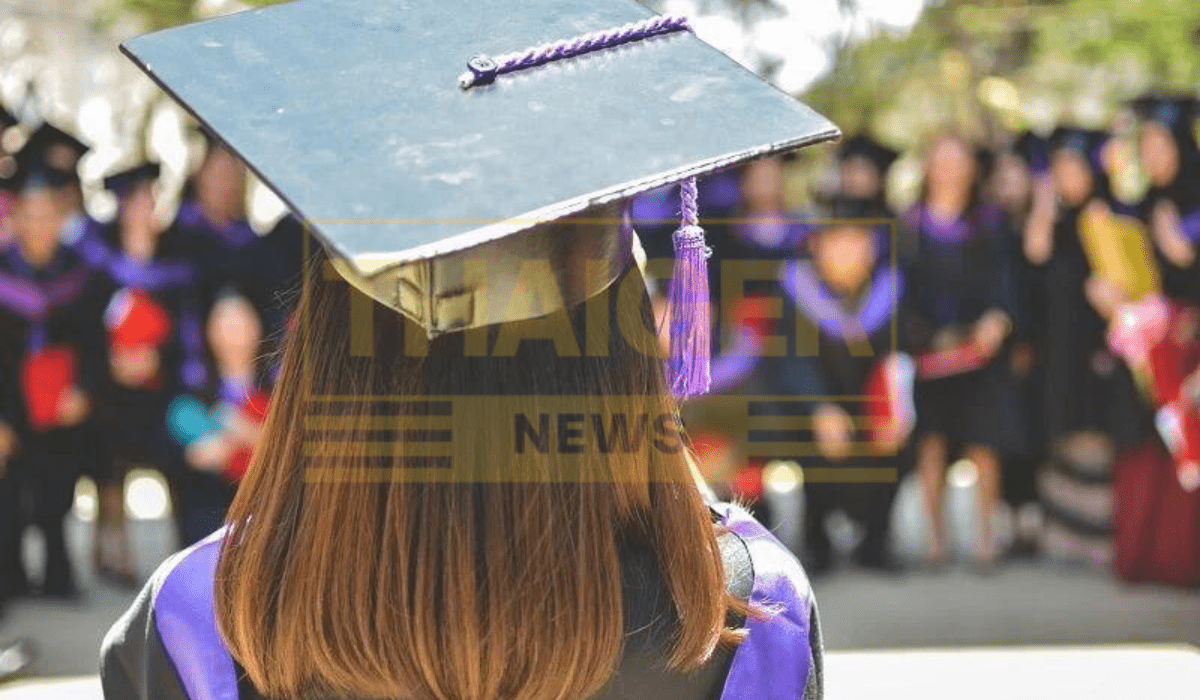
In Thailand, education is a cornerstone of society, with over 30,000 schools nurturing more than 20 million students. The system spans 12 years, divided into primary and secondary education phases. This comprehensive guide provides an overview of the Thai education system, covering its structure, format, types of schools, teachers, costs, and government involvement.
Understanding the Thai Education System
Primary education in Thailand spans six years, from Prathom 1 to Prathom 6. It’s free and compulsory for all children, ensuring accessibility to basic education. The curriculum is designed to provide a foundational step for students, offering both academic and vocational tracks.
Secondary education is divided into lower (Mathayom 1-3) and upper (Mathayom 4-6) levels. Lower secondary education is compulsory and continues the foundational knowledge acquired in primary school. Upper secondary education prepares students for further academic or vocational pursuits.
Current Structure and Format
The Thai education system encompasses six years of primary education, followed by three years of lower secondary and another three of upper secondary. Vocational pathways are available, offering practical skills alongside academic knowledge.
Private and Public Schools in Thailand

Public schools, funded by the government, are widespread and cater mostly to Thai students. Private schools, including international ones, offer a more diverse curriculum, often in English, attracting expat families. Entrance to prestigious secondary schools can be competitive, involving rigorous exams.
Teachers in Thailand
Teachers play a pivotal role in the Thai education landscape, mostly holding Bachelor’s degrees. Their teaching approach tends to be traditional and lecture-based, something to consider when choosing the best fit for your child’s learning style.
Public schools are generally free for locals, but private or international schooling can vary widely in cost. Doing thorough research is essential to find a school that matches your financial plan.
International schools in Bangkok offer a range of options, from affordable to premium, each providing a global curriculum designed for expat kids. Competition among these schools drives up quality but also fees.
The Ministry of Education oversees Thailand’s education system, setting policies and standards to ensure quality education. Understanding their regulations can offer peace of mind about your child’s schooling.
Education Levels
From pre-primary to tertiary, each education level in Thailand builds upon the last, aiming to equip students with the knowledge and skills for success. Understanding these levels helps in plotting your child’s educational journey effectively.
With a comprehensive understanding of the Thai education system, parents are better equipped to make informed decisions for their children’s education. From choosing between public and private schools to navigating the vibrant international school scene in Bangkok, this guide provides insights into creating a bright future for children in the Land of Smiles. By considering educational structures, costs, and the critical role of teachers, parents can find a learning environment that best suits their child’s needs and aspirations. Ultimately, it’s about ensuring a fulfilling academic journey and overall experience in Thailand.
-
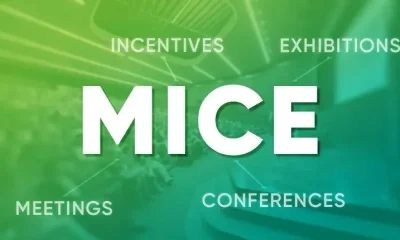
 News1 year ago
News1 year agoMICE industry must prioritise people management to sustain growth
-

 Entertainment2 years ago
Entertainment2 years agoDark history to exotic delights: Cambodia and Thailand tourist strategy
-

 Entertainment2 years ago
Entertainment2 years agoJohn Legend enjoys spring break in Phuket
-

 Entertainment2 years ago
Entertainment2 years agoSiam Paragon and Bangkok Pride proudly celebrates Pride Month from May 31 – June 4, 2024
-

 Entertainment2 years ago
Entertainment2 years agoPhuket’s Tourist Case court division resumes after four-year break
-

 Fashion2 years ago
Fashion2 years agoFed’s rate cut sends gold soaring past US$2,200 per ounce
-

 Fashion2 years ago
Fashion2 years agoGold prices in Thailand surge with ornaments at 37,350 baht
-
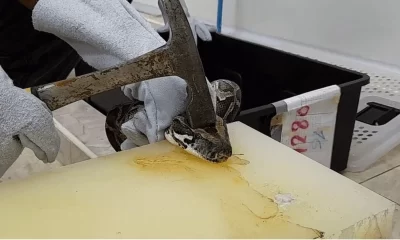
 Fashion2 years ago
Fashion2 years agoFashion brands linked to brutal slaughter of reptiles in Thailand (video)

